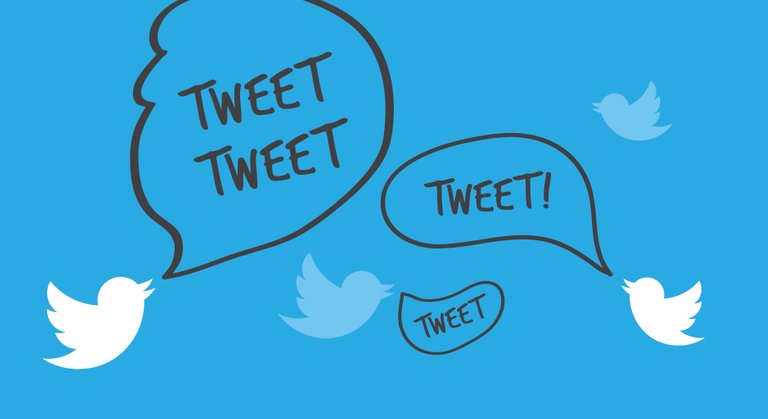[Very BASIC guide]
From the selection of profiles to follow to the spread of targeted content, here are some tips on what you should and shouldn’t do to maximize your employment opportunities on Twitter.

Twitter, is a micro-blogging website allows you to build a professional network and update it on your own experience and expertise. But how can one create a profile that functions as a digital business card but also grabs attention?
Your profile can be customised with a photo (which should not be too informal), and with one or two phrases about you and, above all, about what you do. The important thing is not to dwell too much on information about your professional career path. Reference a personal blog or website (if you have one) especially if it is related to the job you are looking for. Otherwise, reference your LinkedIn profile.
Once you have customised your profile, the next step, which is the most challenging, is to build a professional network and qualify as a source worth checking out. Among those you follow, singers, footballers, actors and celebrities should be banned. Focus instead on who can be a key-player in landing you that new job: recruiters, human resource professionals, industry experts, and specialist bloggers. Take a look at the people and institutions followed by those you are following and do a keyword search to find out who has the same interests.
Twitter is a channel of communication, which is powered by persistence and awareness. How? With frequent up-to-date tweets that reflect your expertise and that are of interest to those who follow you. If you are a web developer for example, you can communicate not only the latest work done, but also links on programming languages and tech news. If you are looking for a job in publishing, then you have room for criticism, comments on books, illustrations and data distribution.
The hashtag used in a Tweet is a great way to get you known and to raise your reputation in the eyes of potential employers. The symbol “#” followed by a keyword can, in fact, allow you to join discussions on topics of interest or even trend. However, you must not abuse it, or your hashtag use will be out of place. You should always respond to Tweets in a timely manner. If you are cited in a question, you should answer. If you are mentioned in a comment, you should participate in the discussion. The aim is to create contacts and network.
Once you build a certain familiarity with your contacts you can reach out to a company or a potential employer by tweeting them and responding to their tweets. You will then be in a position to send a DM (direct message) and possibly apply for a position of interest. This of course must not be done immediately, first you must build that relationship and show that you are a serious and credible professional.
Cheers,